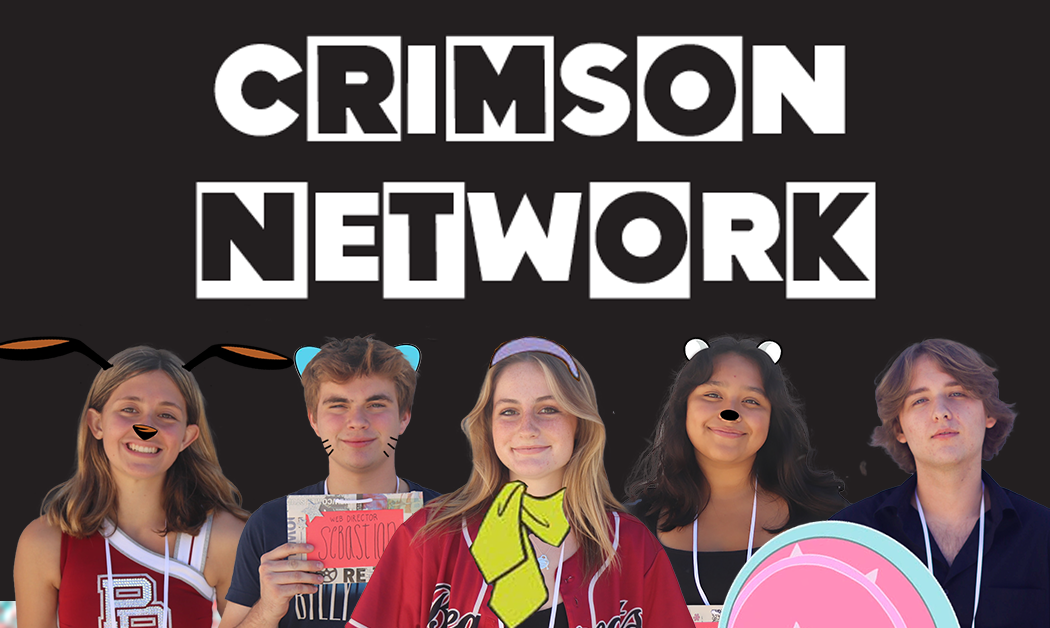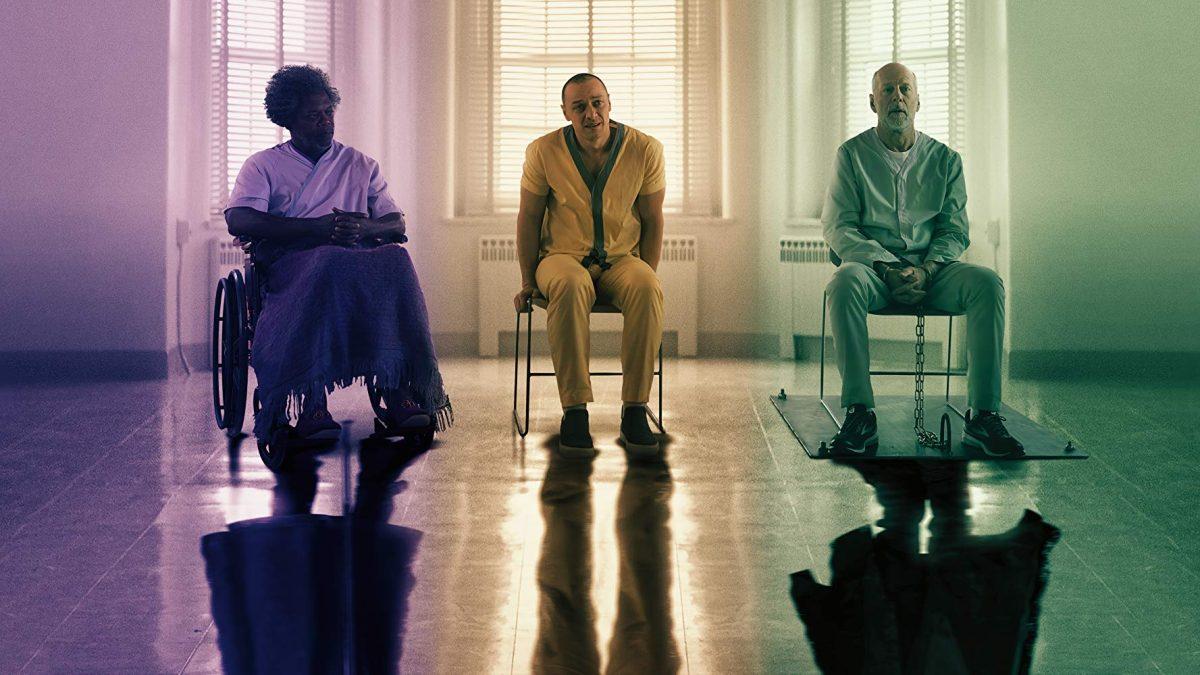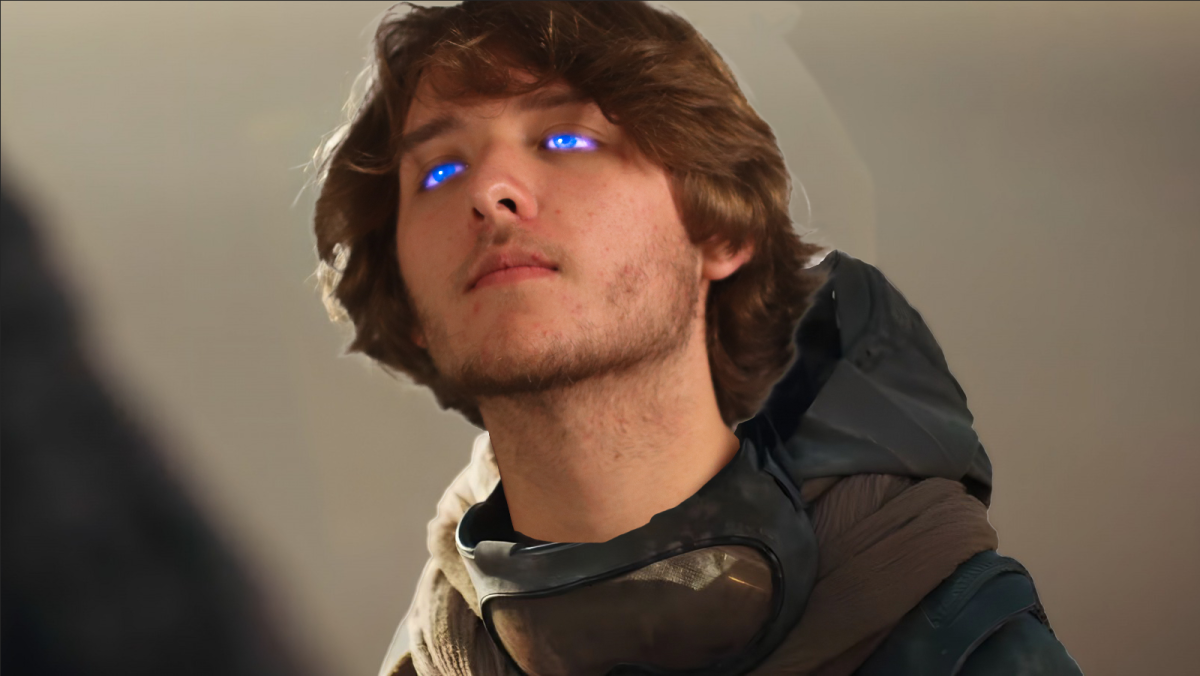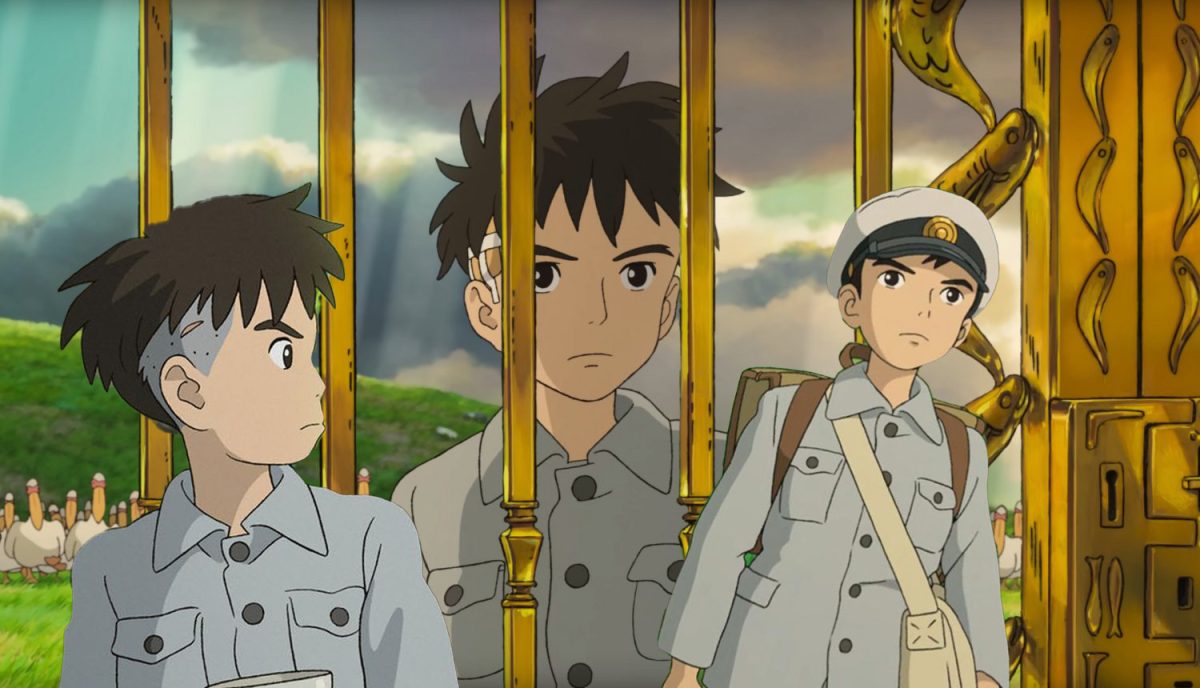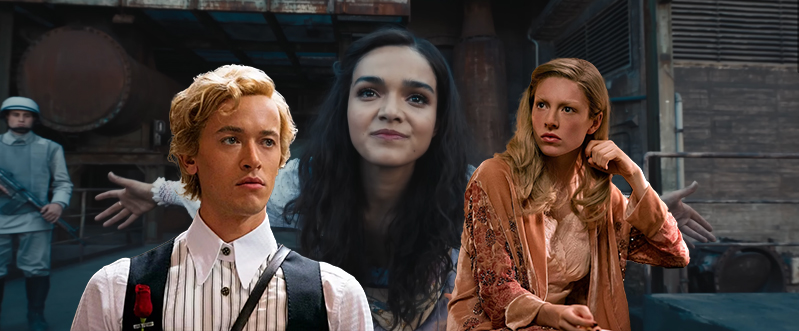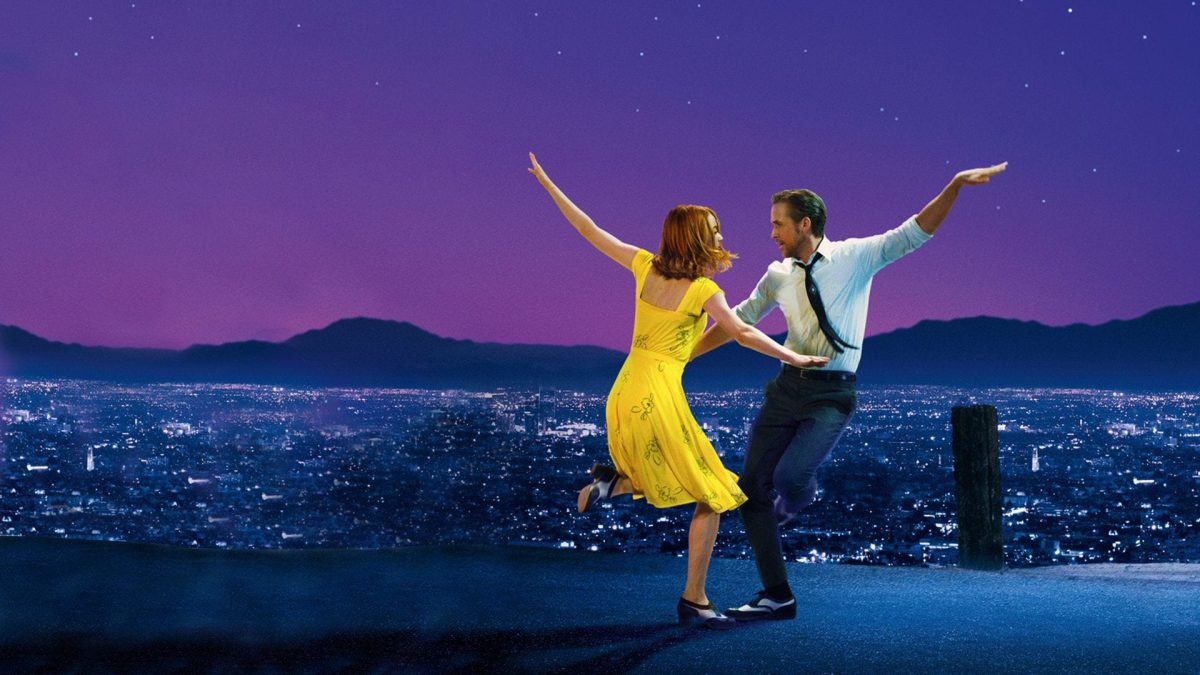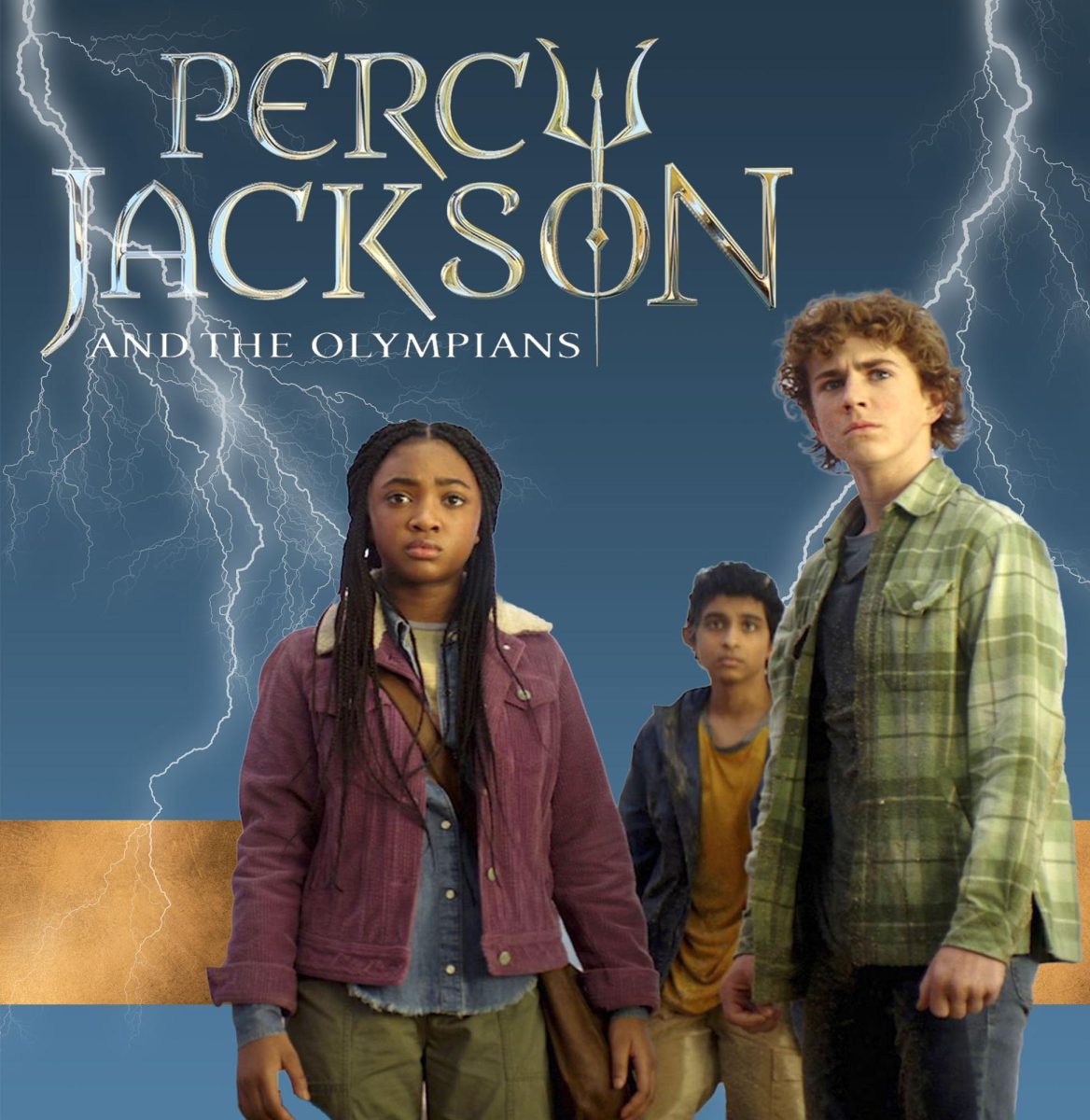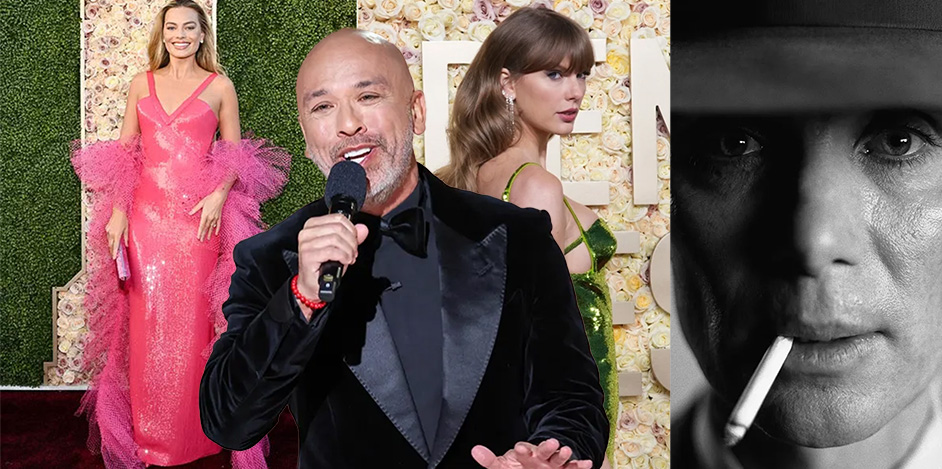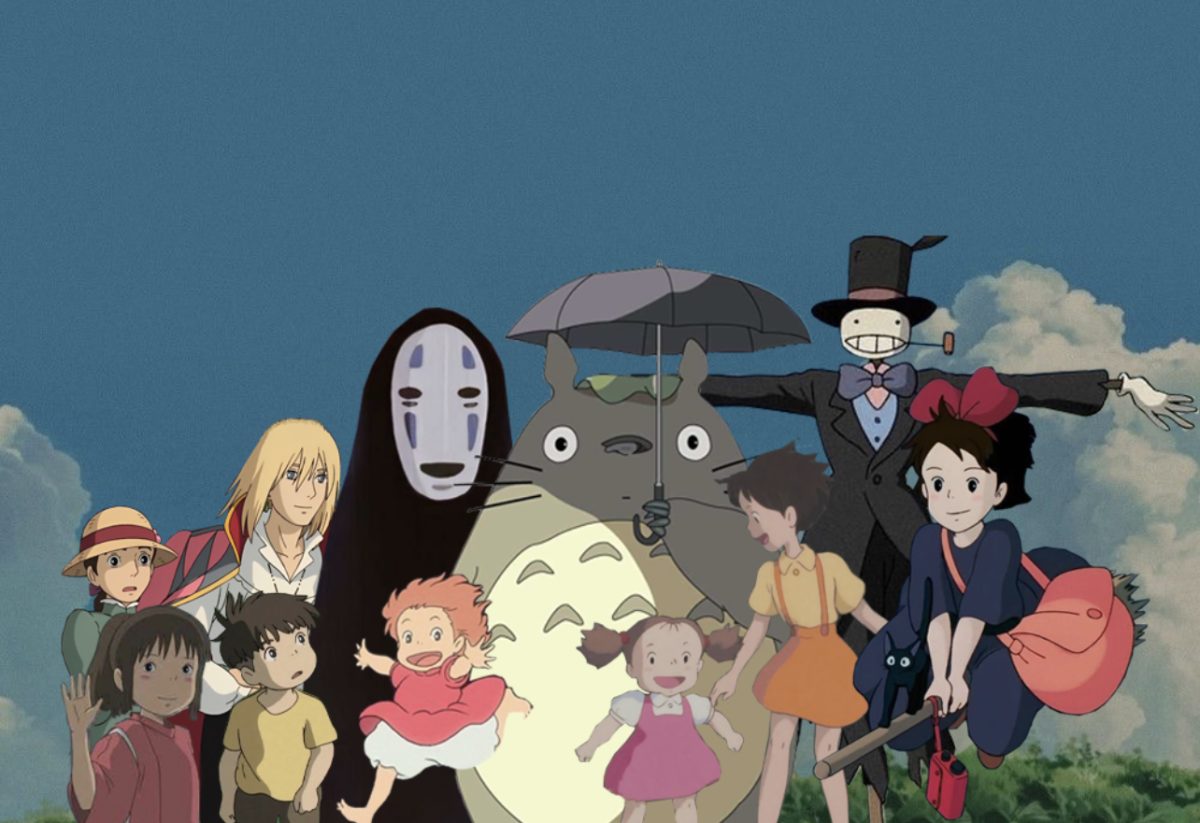M. Night Shyamalan’s final film in his illustrious trilogy leaves viewers wanting more
Every M. Night Shyamalan film prides itself in its ability to tell an engaging story. His most recent film, Glass, and its predecessors Split and Unbreakable are prime examples of Shyamalan’s ability to captivate the viewer using extraordinary writing and excellent cinematography. This unexpected “superhero” trilogy, lasting nearly twenty years, has finally reached its end with the new year’s Glass Sought to be a triumphant career-defining masterpiece, Glass both failed to live up to the hype, and was intensely mediocre doing so.
Set following the conclusion of 2017’s Split, the film begins with Bruce Willis’ character, the protagonist of Unbreakable, David Dunn as he searches for Split antagonist, Kevin Wendell Crumb (James McAvoy). Crumb, who suffers from D.I.D. (dissociative identity disorder), is primarily transformed into “the beast”, an extremely dangerous and powerful creature later declared as “the final stage of human evolution”. When they are caught and sent to a psychiatric facility along with Unbreakable antagonist and mastermind Elijah Price (Samuel L. Jackson), the three are placed under the care of Dr. Ellie Staple (Sarah Paulson), a psychiatrist specializing in individuals who believe they are capable of superhuman abilities. As tensions rise and everything begins to fall apart, paving way for a signature Shyamalan twist ending, Glass creates new insight to what it means to be a superhero.
Despite the third act being nothing more than substandard, Glass still provides a number of good elements within itself. From the beginning, the use of enticing color and intriguing cinematography by Mike Gioulakis make the film look absolutely gorgeous. James McAvoy’s reprisal of Kevin and his ten personalities was performed masterfully once again, and Shyamalan’s creative writing and direction keep this attempt at a cinematic revival interesting, to say the least.
The problems of Glass come mostly within the third act. As the conclusion to a trilogy, it felt as though the movie left too open of an ending; there was no true ending. The director’s forced two-twist conclusion was confusing and unnecessary, displaying questionable decision-making by executives working on the movie. It also failed to answer any questions set up by Unbreakable or Split, causing the ending to seem even more superfluous than it already was.
Much like the majority of his films, M. Night Shyamalan’s Glass gave viewers a compelling plot line, but was ultimately unsuccessful in securing an end that satisfied both critics and audience alike.

